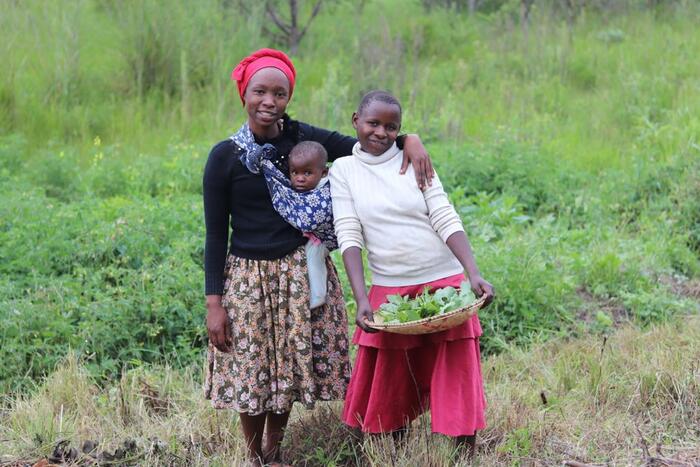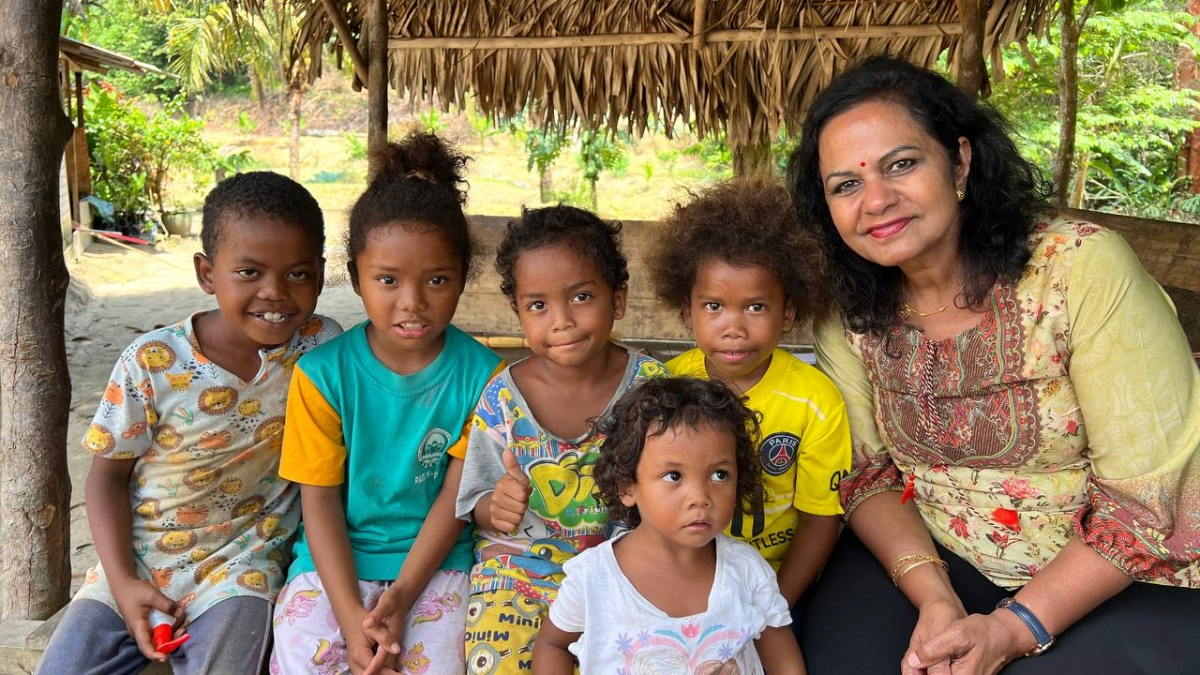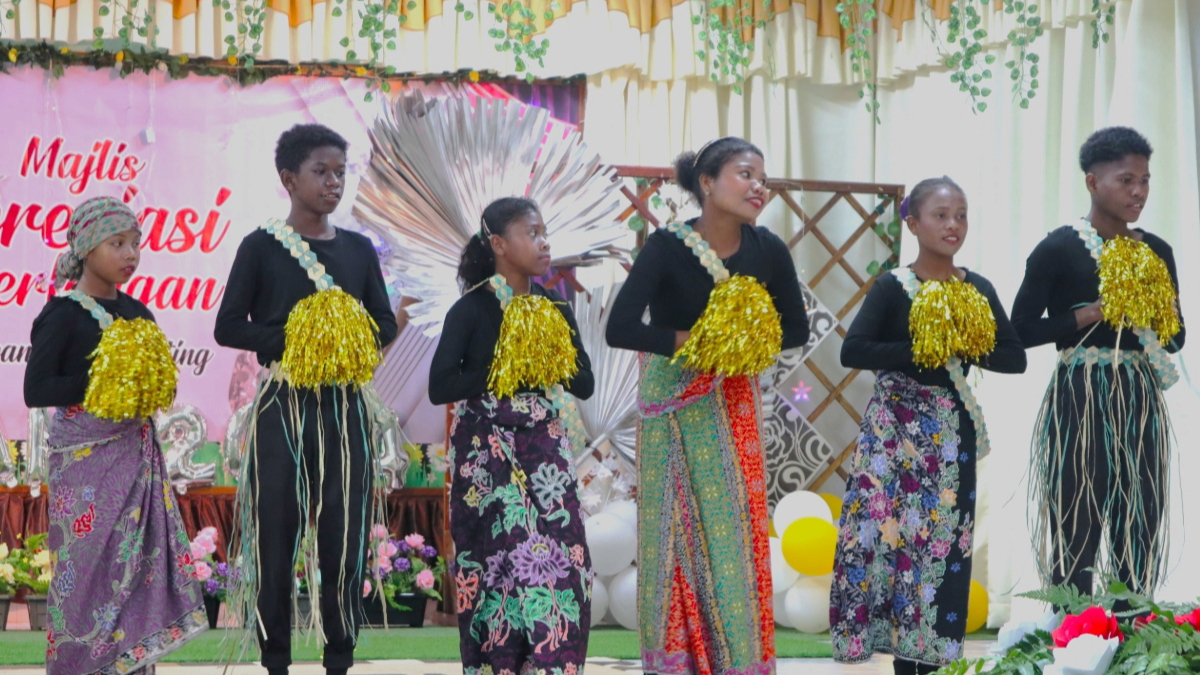Unquestionably, water is hugely important to human existence. We need clean water to survive and stay healthy. Moreover, the precious resource is critical to a country’s agricultural productivity and industrial production.
Yet, access to water remains a significant challenge in many African countries. Tanzania, for example, is blessed to have surface and below-ground water, with three times more renewable water resources than Kenya and 37% than Uganda (The World Bank).
Despite this vast availability, many Tanzanians still face water shortages in rural and urban areas. Few households have access to clean drinking water from a piped source or wells. As a result, only a tiny fraction of rural households can access water to irrigate their farms.
The lack of access to clean water impacts some 70% of households in the country, jeopardising the population’s health and leading to over 4,000 child deaths yearly from diarrhoea caused by contaminated water. In addition, thousands of children are missing out on education in the East African nation.
Also read: RYTHM Foundation Partners With Water For Africa To Provide Clean Water In Rural Tanzania
The Dangerous Walk for Water
Magdalena “Maggie” Mwamtende (above) is one of the millions of rural Tanzanians who understands the hardships of not having access to clean water.
As a young girl growing up in poverty, Maggie had to skip school, brave harsh elements, and trek long distances to collect water for her family.
“We had to travel far to collect water when I was a girl,” Maggie related. “Making the journey was always unsafe because of wild and dangerous animals like lions and snakes. I was always scared.
“Getting the water was a struggle, and I always missed school. Once, my friend fell into the river and nearly drowned,” she added.
However, thanks to RYTHM Foundation and Water for Africa (WFA), 27-year-old Maggie’s children are fortunate in that they have easier access to clean water. The partnership oversees the installation of water wells in villages and provides employment opportunities to the locals through a farming initiative that funds the maintenance of the water sources.

Committed to improving the lives of villagers by providing clean water and healthcare, the Foundation supported WFA’s Footprint Project to identify over 20ha of land and work with the local community to train them in farming avocado and macadamia nuts. In addition, WFA channelled harvest profits to the wells’ building, maintenance, and repair.
The RYTHM-WFA collaboration has achieved several milestones. For example, the Foundation’s assistance helped clear the land to sow seedlings, employ and produce skilled local beneficiaries, and power up the wells with solar energy.
Getting a farming job has changed Maggie’s life considerably. “I lived in poverty where I lacked food and money for basic necessities, but I am now thankful for this job because it is changing my life and raising our standard of living,” she said.
Her job also helped her purchase a small plot of land, where she aspires to build a safe house for women and children in need of shelter.
“This project is important because it has allowed many people to work, earn a living and improve their lives. The water supply has helped us with the plantations, and we can get a profit from the harvests,” she added, underlining the project’s significance.





